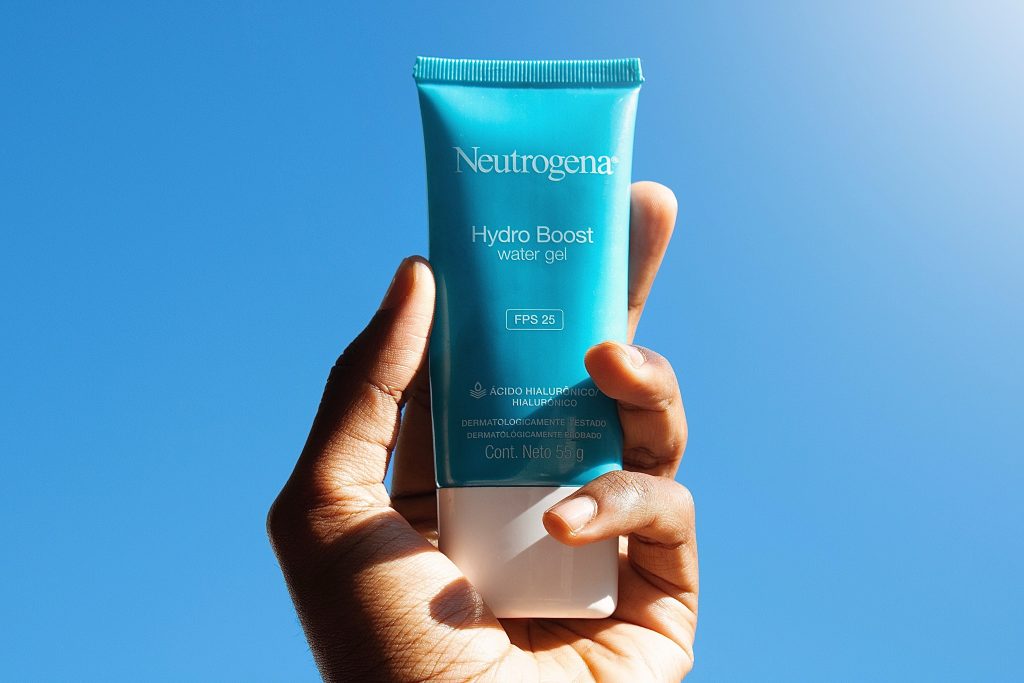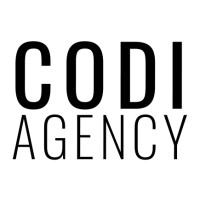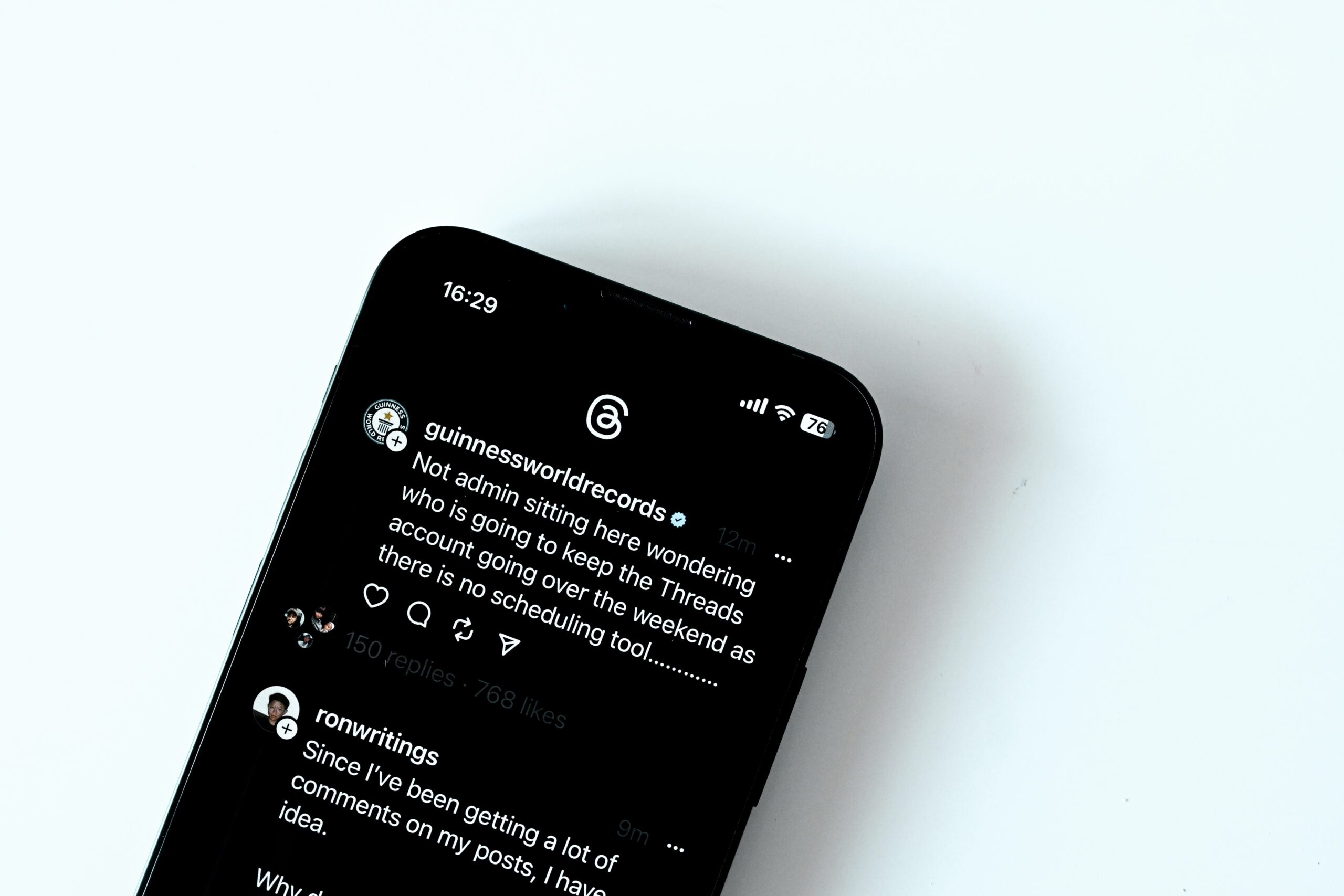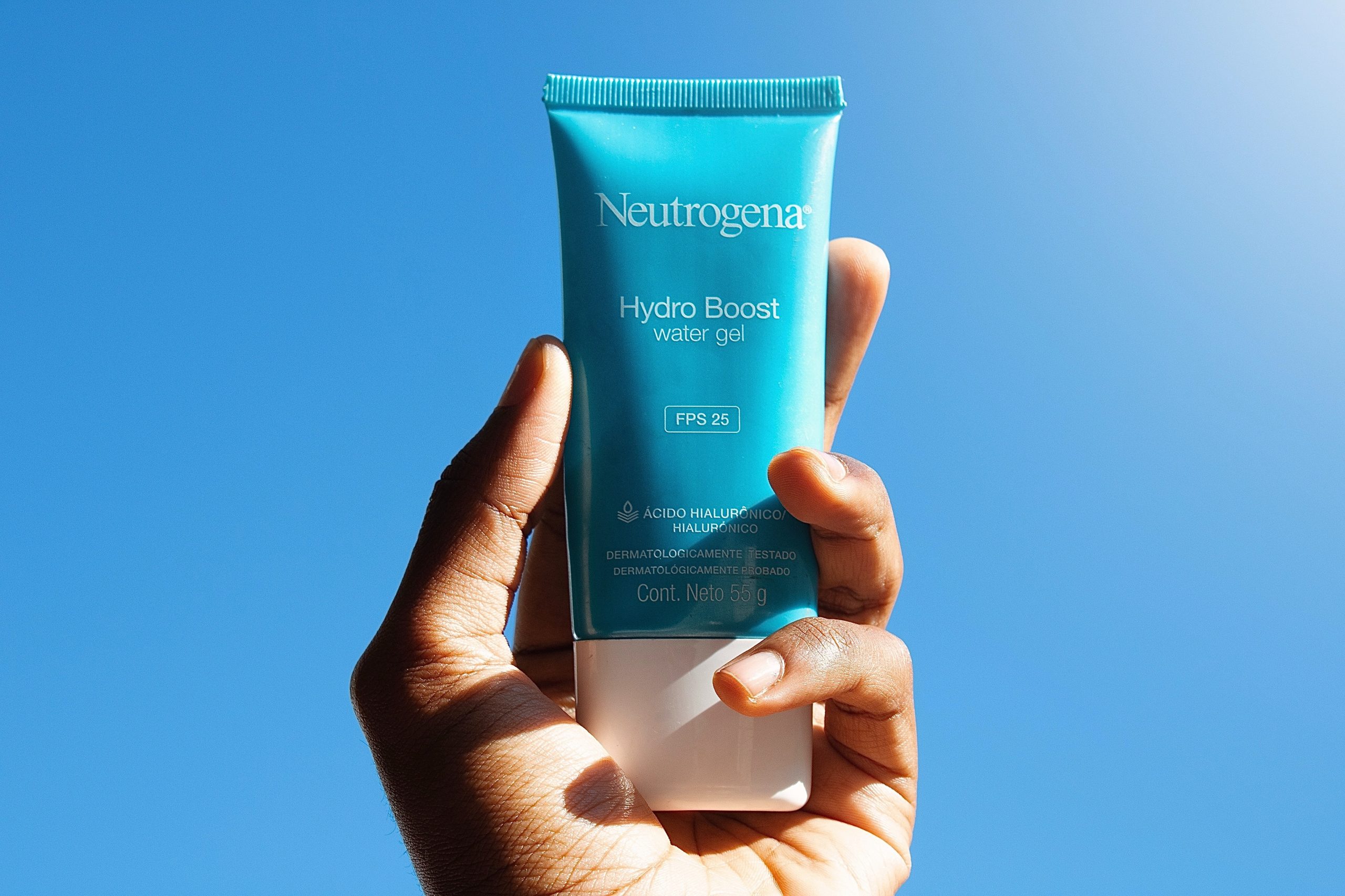What is the Therapeutic Goods Advertising Code?
The Therapeutic Goods Advertising Code sets out minimum requirements for advertising therapeutic goods to the public.
The Therapeutic Goods (Therapeutic Goods Advertising Code) Instrument 2021 (the New Code) commenced on 1 January 2022 and replaces the former code, the Therapeutic Goods Advertising Code (No. 2) 2018 (the Former Code). The Former Code continues to apply for the duration of the transition period, which is from 1 January 2022 until 30 June 2022.
The Code exists to ensure that the advertising of therapeutic goods to the public is conducted in a manner that:
- Promotes the safe and effective use of therapeutic goods by minimising misuse, overuse or underuse
- Is ethical, does not mislead or deceive the consumer or create unrealistic expectations about product performance
- Supports informed health care choices
- Is not inconsistent with relevant current public health campaigns.
Can businesses use influencers to advertise therapeutic goods?
Influencers are able to advertise therapeutic goods which are allowed to be advertised to consumers. However, the influencer cannot provide a testimonial about the product or their experience using the product. This code also extends to anyone who will be receiving valuable consideration for endorsing the product.
What influencers can and cannot say about therapeutic goods:
An influencer cannot give a testimonial for their experience or speak about anything outside the approved good’s purpose. For example, ‘this sleeping supplement really helped to reduce my anxiety as well’.
Influencers are able to endorse a product’s approved purpose. For example, ‘this supplement supports better sleep’ if that is the approved purpose. The endorsements must remain in line with the label and directions for use of the goods. Should the influencer refer to (expressly or implicitly) any health benefits, they must also remain in line with the approved health benefits of the goods as outlined on the label, directions for use, or intended purpose.
What about contra and influencer send-outs?
Contra or complementary products and send-outs are considered advertisements. The way in which the influencer endorses the therapeutic goods must also be in line with the code and the above outlines dos and don’ts. The New Code has increased the number of therapeutic goods that can be offered as samples.
What can businesses do to navigate this?
- Read the code so you are across all the dos and don’ts.
- Ensure all requirements of the current and former code are adhered to.
- Endorsements must be in line with accurate, safe, and proper use that is consistent with public health campaigns’ scientific or clinical representations and include any applicable mandatory statements in the advertisements.






